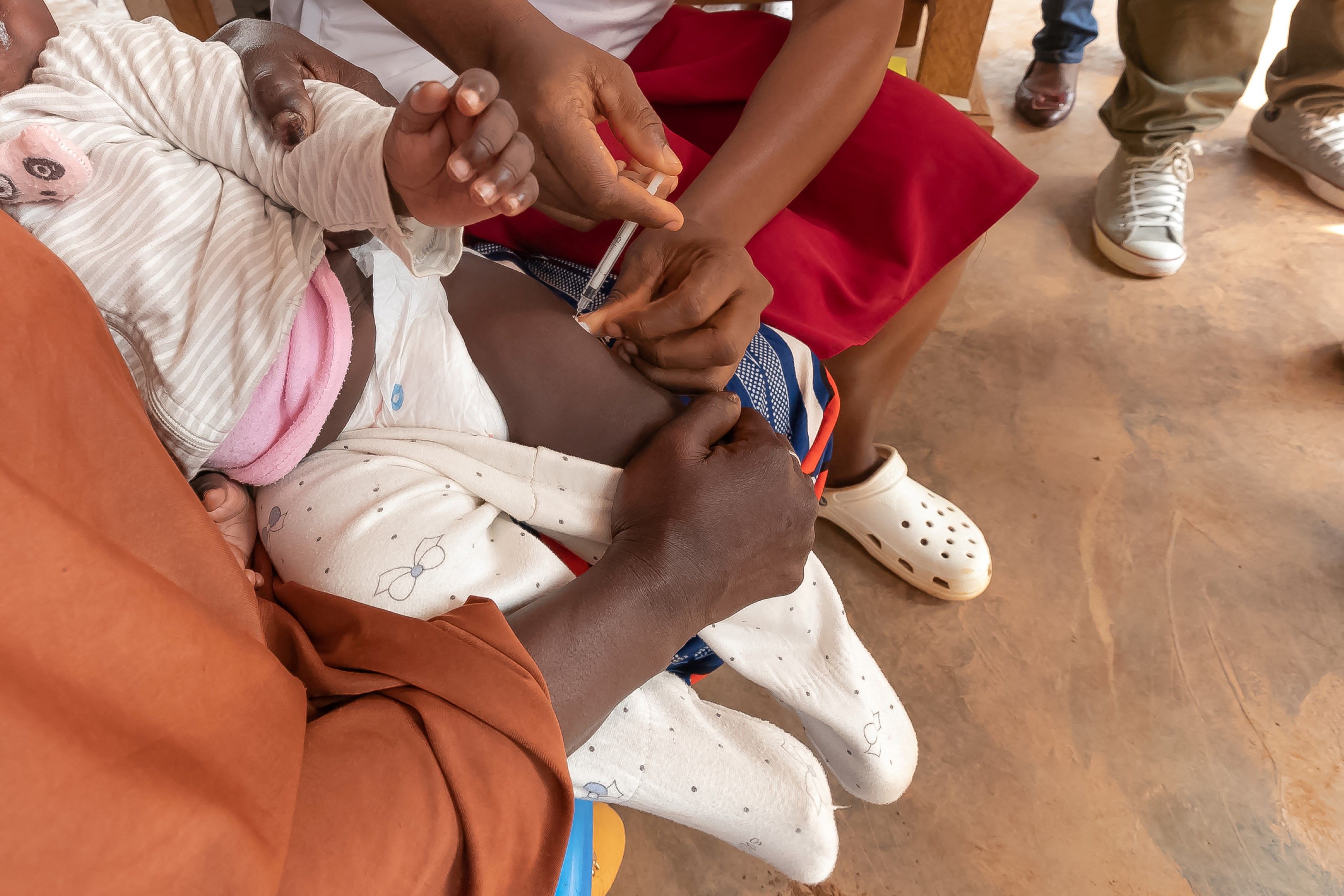Global malaria cases rise for fifth consecutive year

The number of malaria cases around the world increased in 2023 for the fifth year in a row. There were some 263 million infections, 11 million more than in 2022.
The number of deaths from the disease remained more or less stable, according to the World Health Organization’s Malaria Report on Wednesday. The vast majority of deaths occur in Africa.
“The disease continues to primarily affect people living on the African continent, especially young children and pregnant women,” said WHO chief Tedros Adhanom Ghebreyesus.
“A comprehensive package of life-saving drugs now provides better protection against the disease, but curbing the threat also requires more investment and action in African countries with high infection rates.”
Equitable approach
The goal of reducing malaria mortality to 23 deaths per 100,000 population by 2030 is still a long way off in Africa. Although mortality there has fallen by 16 per cent, it was still 52.4 deaths per 100,000 people in 2023.
Eleven countries account for more than two-thirds of the global malaria burden, and their health ministers agreed this year to tackle the disease sustainably and equitably. Humanitarian crises, poor healthcare and climate change led to countries such as Congo, Ghana, Sudan and Uganda making no progress in the fight against malaria since 2017.
"Curbing the threat requires more investment and action in African countries with high infection rates"
Alongside better distribution of resources such as malaria nets and medicines, this strengthened political commitment should reverse the current trend of increasing infections. Vaccines are another tool, and administration has now started in children in 17 countries. The WHO says the rollout of vaccines could save tens of thousands of lives every year.
Health inequalities
Inadequate funding is a major obstacle. Last year, 4 billion USD was pledged, while 8.3 billion USD was required. Conflicts, natural disasters, climate change and population movements exacerbate the already widespread health inequalities faced by people at higher risk of malaria.
Meanwhile, the WHO has declared 44 countries malaria-free. Egypt became the latest country to eradicate the disease this autumn. Of the 83 countries where the disease persists, 25 have fewer than 10 cases reported annually.
A health worker administers a malaria vaccine to a baby at a hospital in Cameroon, January 2024 © PHOTO ETIENNE NSOM / AFP
Related news

